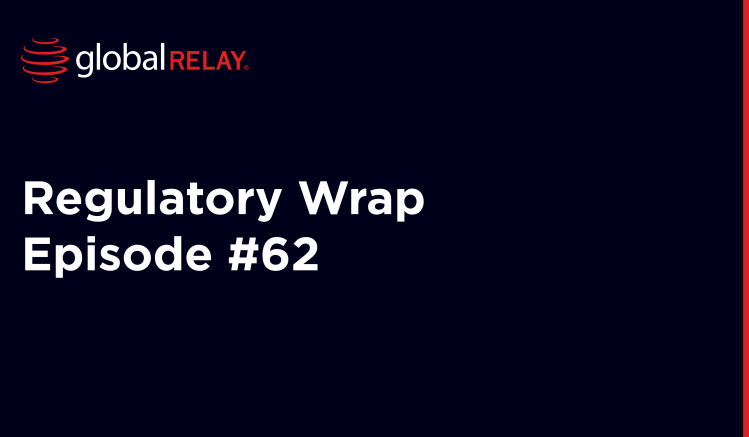Highlights:
1. Under the DOJ’s updated Corporate Enforcement and Voluntary Self-Disclosure Policy (CEP), firms who voluntarily self-disclose, fully cooperate, effectively remediate, and have no aggravating circumstances, will no longer be required to enter a criminal resolution
2. Any company who is willing to comply but is concerned about aggravating circumstances may still receive leniency based on the severity of circumstances
3. Even companies that have not disclosed themselves quickly enough could still receive benefits, such as a non-prosecution agreement, reduction of criminal fines, or no monitor
4. The DOJ also announced amendments to its monitor selection process, stating that firms may see less monitors going forward
5. While self-disclosure may have been seen as a last-ditch effort previously, these updates present firms with an opportunity to avoid stringent enforcements entirely by actively monitoring for misconduct and escalating violations accordingly
This episode is brought to you by our Senior Manager, Regulatory Intelligence, Ryan M. Sheridan.





